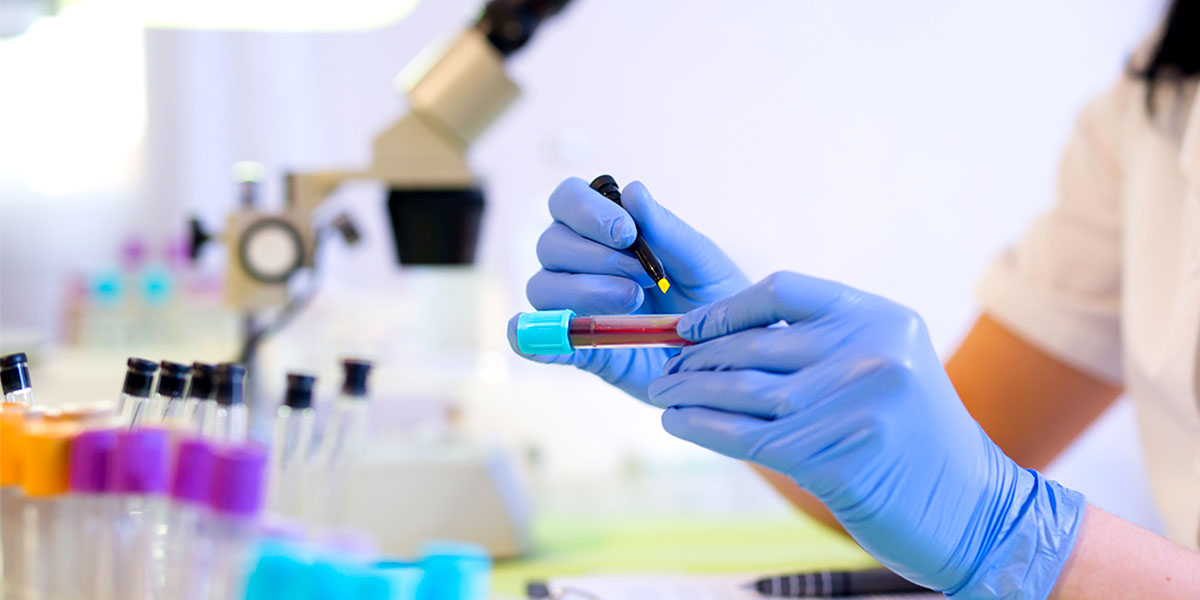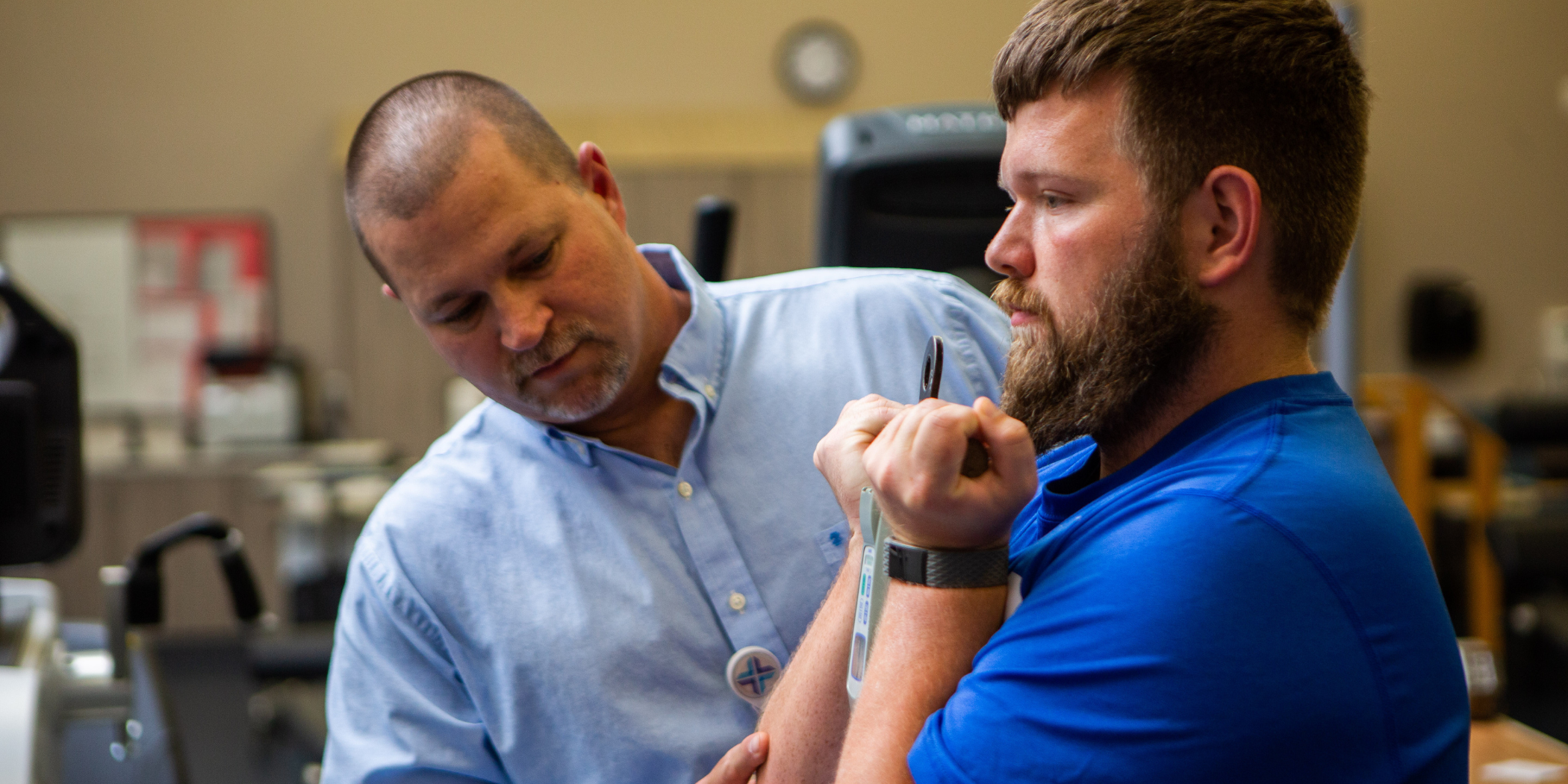
Common diseases affecting women
Medical Group of the Carolinas – Internal Medical – Eastside & Westside
A division of Spartanburg Regional Healthcare System
As internal medicine physicians, sometimes known as internists, we are “gatekeepers,” diagnosing illnesses and referring patients to specialists when necessary. We see a variety of ailments, and we're more specialized in disease diagnosis and treatment than family practice doctors. We do PAP smears and schedule mammograms, but we don't deliver babies. Our focus is on internal medicine, and we have a list of common diseases that affect women in the Upstate.
Diabetes
Up to half of the patients we see exhibit signs of diabetes – excessive thirst, urination or excessive hunger, and significant unexplained weight loss. Many women mistake some of these symptoms for typical signs of aging, and don't get checked. If elevated blood sugar is detected early, diabetes can often be reversed through diet and exercise…and you can avoid the need for medication later on. Untreated, diabetes can lead to heart disease or strokes.
Hypertension
Elevated blood pressure often shows no symptoms. Doctors consider it “the silent killer.” Severe hypertension can produce light-headedness, dizziness or headaches. A family history of hypertension might put you at higher risk, but so will salt intake and smoking—which are factors you can control. Get checked annually. Blood pressure above 120/70 is now considered “pre-hypertension,” at which point you should make diet and exercise adjustments. Taking early action can help prevent the need for medications down the road.
Hypercholesterolemia
High cholesterol can be genetic, but it can also be caused by lifestyle habits. You want to lower your bad cholesterol and raise your good cholesterol. Many cholesterol medications are not appropriate for women of child-bearing age because they carry a risk for birth defects. Diet and exercise are vital for that age group, and can lower a woman's LDL (“bad” cholesterol”) by as much as 20%. As women age, medications are a more likely to be prescribed to help control LDL.
Hypothyroidism
This thyroid gland condition is very common, especially in women. An autoimmune process in your body can produce antibodies that attack the thyroid, which can become underactive. You may not see symptoms at first, but it can eventually cause hair loss, brittle nails, weight gain, irregular periods, joint pain, infertility and heart disease. Treatment is a life-long supplement that can reverse symptoms. Some women can develop hypothyroidism post-partum, which can resolve on its own.
Fibromyalgia
Some women feel pain in “trigger points” throughout the body, while others have chronic fatigue. This disease may be viral in nature – and it can be difficult to diagnose, based on clinical exams and history. Within the past 10 years, medications such as Cymbalta and Lyrica have been developed to treat Fibromyalgia directly…and successfully. Gentle exercise and massage therapy also help.
Obesity
An inactive lifestyle and poor diet are usually the cause of obesity. Healthy eating and exercise is the best treatment for most people. There is no magic cure, but there are new FDA-approved medications such as Qsymia that can help severe cases. Bariatric surgeries have shown some dramatic results in morbidly obese women. Obesity directly affects diabetes, high cholesterol and high blood pressure, so please watch your weight.
It's important to see a doctor and get an exam regularly—especially if you haven't been in 5 years or more. We want to see patients when they aren't sick, so we can keep them on a path of wellness. Eat better. Get some exercise. A little prevention can make a big difference in your long-term health.
For more information about internal medicine, visit SpartanburgRegional.com or call one of the MGC Internal Medical offices at (864) 560-9056 or (864) 560-9435.











